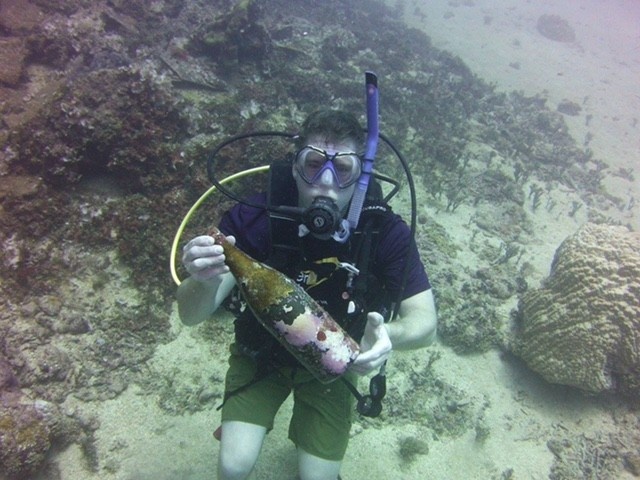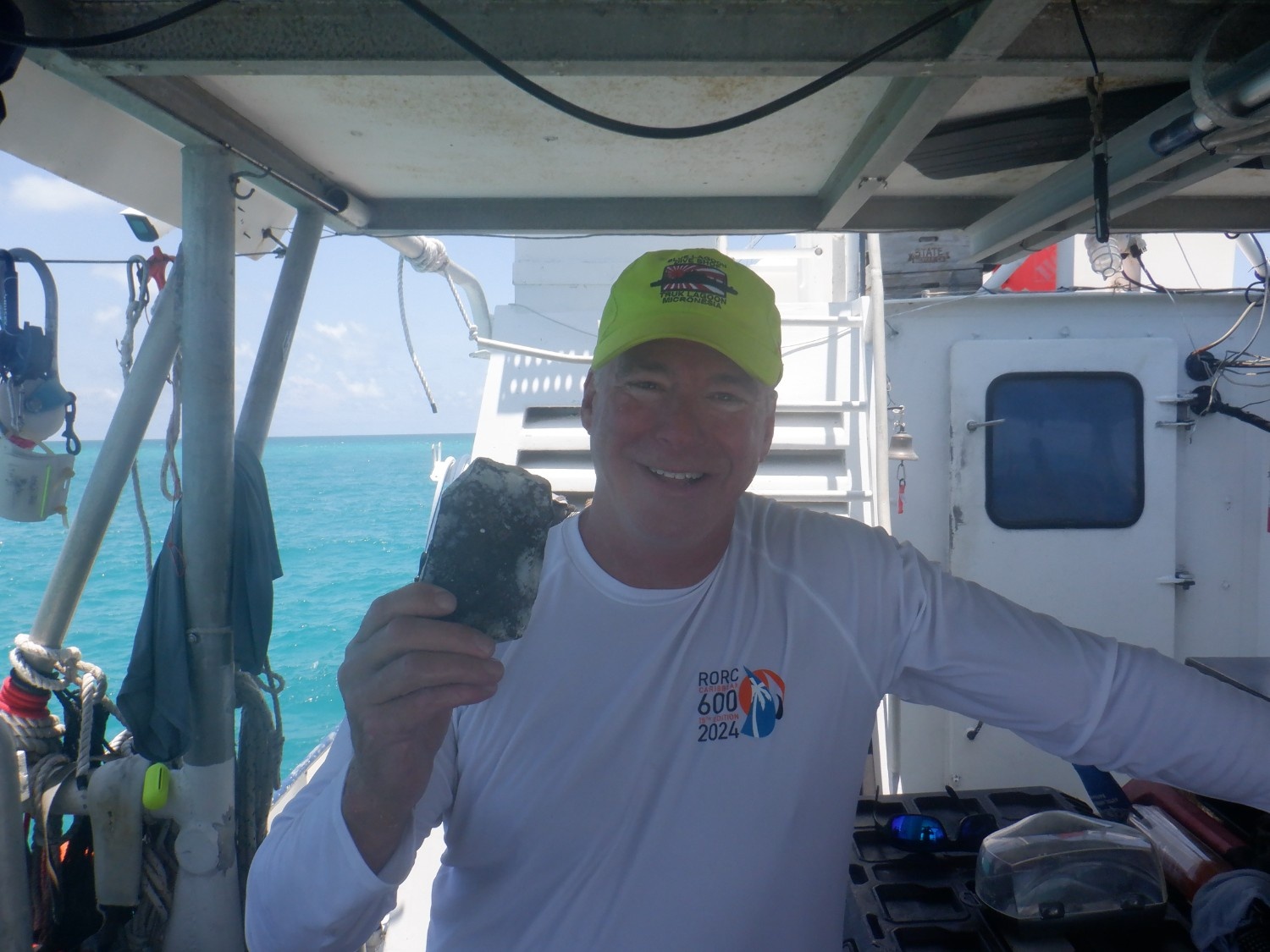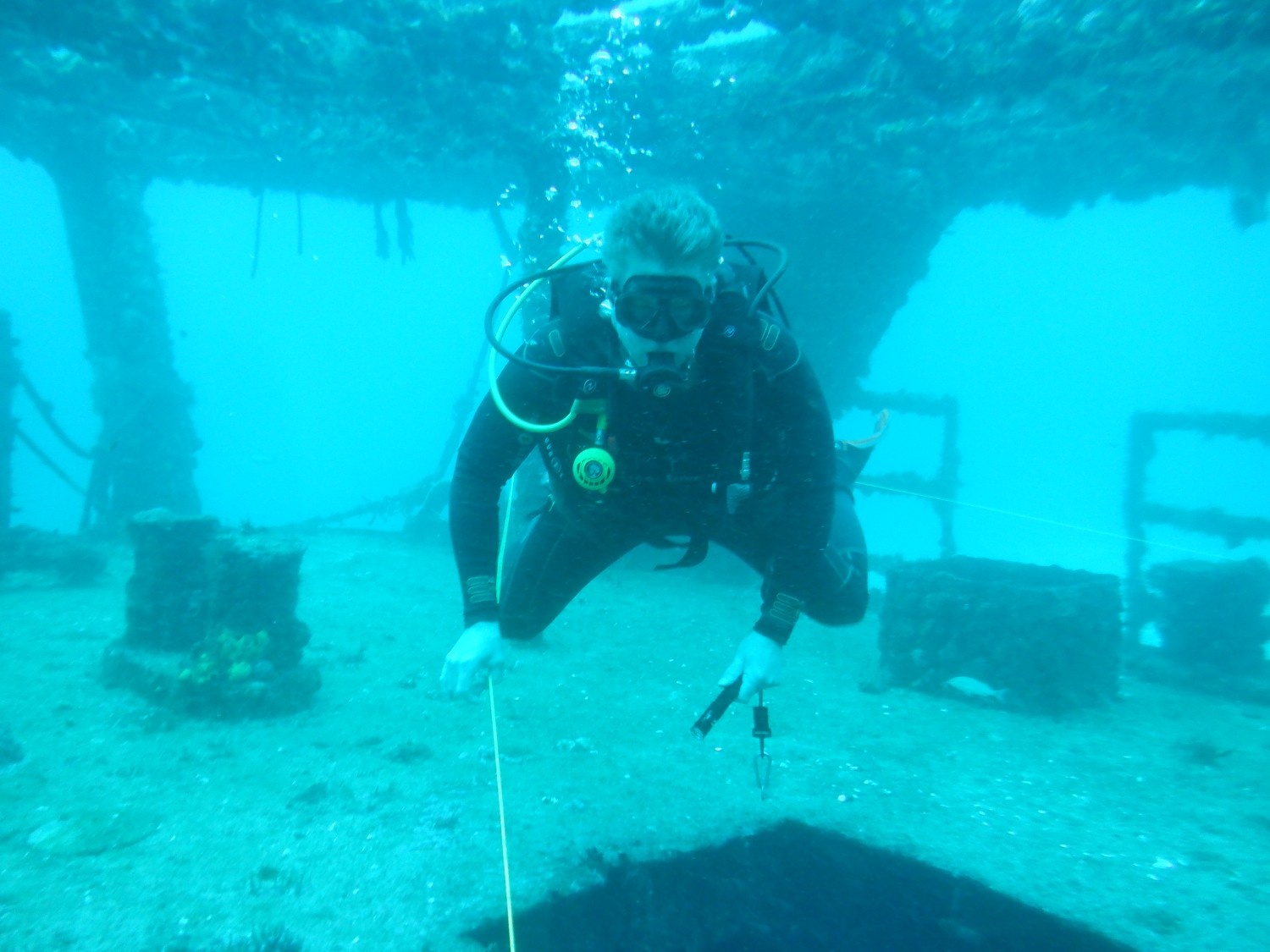Hello!
James L. Feldkamp
Former US Naval Flight Officer

About Me
Early Life and Military Service
Born in Roseburg, Oregon, Jim Feldkamp embarked on a commendable journey in the U.S. Navy, retiring as a Commander. His academic path began at Oregon State University, where he earned a BS in Business. After graduation, he pursued a distinguished military career as a U.S. Naval Flight Officer. He served as a Countermeasures Officer and Navigator aboard the EA-6B, the Navy's electronic attack aircraft. His military prowess was notably displayed during Operation Desert Shield and Desert Storm in 1991, flying off the USS Midway.
FBI Career and Political Aspirations
Transitioning to the U.S. Naval Reserves, he joined the Federal Bureau of Investigation (FBI) as a Special Agent based in Norfolk, Virginia. He became a founding member of the Tidewater Joint Terrorism Task Force. As one of three pilots in his office, he was tasked with aerial physical surveillance of suspects in criminal and terrorist cases. In 2004, he resigned from the FBI to pursue a political career, running for Oregon's District 4 Congressional seat as the Republican nominee during the 2004 and 2006 election cycles.
Learn MoreRecent News

August 21, 2025
Safeguarding Maritime Trade: Strategies for Securing Shipping Corridors
The global economy depends heavily on maritime trade, with vast fleets transporting essential goods through complex networks of sea routes. These shipping corridors are the backbone of globalization, yet they remain exposed to an array of threats ranging from piracy and geopolitical disputes to cybercrime and environmental hazards. To safeguard maritime trade, governments, shipping companies, […]

August 14, 2025
Securing the Seas: Strategies to Protect Commercial Shipping Routes
The global economy depends heavily on commercial shipping routes. From transporting raw materials to delivering consumer goods, these maritime highways are vital for international trade. However, as the demand for naval transport increases, so do the threats to shipping security. Modern shipping routes face challenges ranging from piracy and smuggling to geopolitical tensions and cyberattacks. […]

August 4, 2025
Creating a Cybersecurity Culture That Sticks in the Modern Workplace
In today’s digital-first business landscape, data breaches, phishing scams, and ransomware attacks are more than just threats—they’re persistent realities. As organizations grow more connected and reliant on digital tools, the importance of a strong cybersecurity culture becomes impossible to ignore. No longer can companies rely solely on IT departments or advanced software to protect their […]

July 31, 2025
Training Staff to Recognize Social Engineering Attacks
Social engineering is among the most dangerous and effective tactics cybercriminals use to breach organizational security. Unlike conventional cyberattacks that exploit technical vulnerabilities, social engineering manipulates human psychology to gain access to sensitive systems or information. For organizations to maintain a strong cybersecurity posture, it is essential to train staff to recognize and respond to […]



























